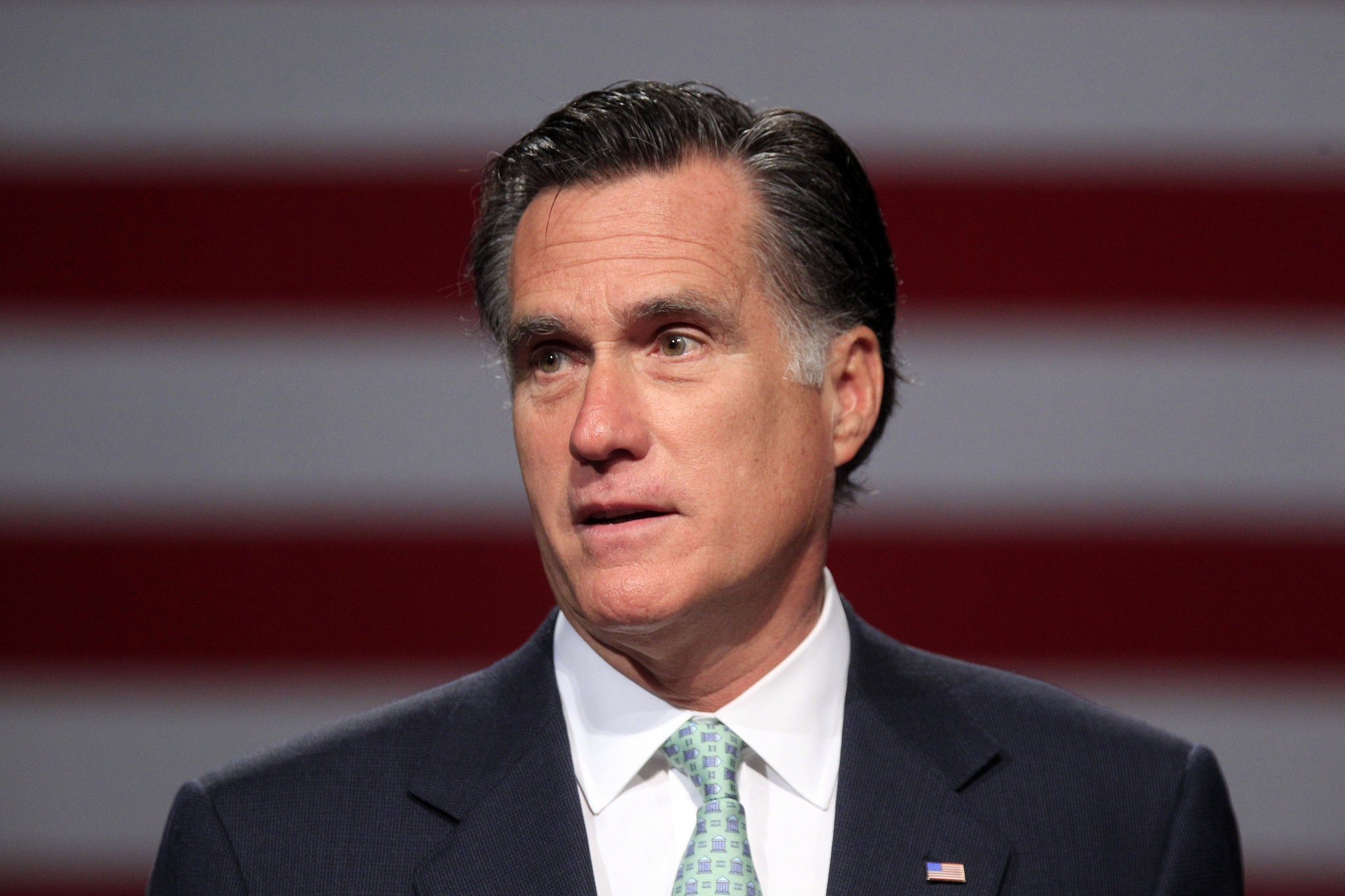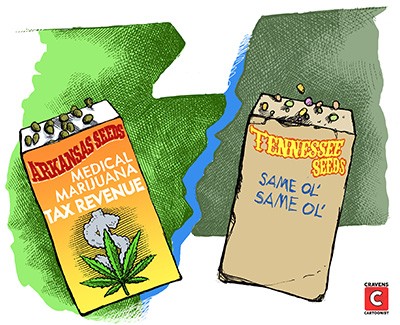Did you hear that FedEx successfully flew and landed a pilotless small plane last week? The system used was created by a company called Reliable Robotics, whose CEO said, “By bringing automation to aviation, we will deliver higher safety, reliability, and convenience for cargo operators and eventually for passengers.”
Hmm. A passenger plane with no pilot? Really? Who’s going to point out that the Grand Canyon is just off the starboard side or explain that we might feel a few bumps because of some rough air? Can you imagine a robotic voice droning, “Please return to your seats we are experiencing a bit of turbulence nothing to worry about flight attendants please be seated”? I’d like to see a robot make an emergency landing in the Hudson River.

Kenosha shooter Kyle Rittenhouse
It’s almost like the state of Tennessee, where we also have no pilot, at least not one with any sense. The federal government gave Tennessee access to more than $100 million in EBT cards last spring to help children of families in financial distress due to COVID-19 to each receive $250 worth of benefits. Most states mailed the money out quickly, realizing that the pandemic was putting children of families without adequate income in peril — and realizing that that money would quickly get put into circulation and infuse $100 million into the state economy.
Tennessee? Ehhh, not so much. The Nashville numbskulls were too worried that some shysters would take that $250 card and, uh, buy baby food and diapers and groceries and sell it on the black market? Or something? Who knows? So they set up a system whereby the parents of needy children had to apply for the benefits rather than receive them automatically from the feds. Now, with a September 30th deadline to use the funds approaching, 56 percent of the children targeted by the federal aid haven’t gotten it, meaning Tennessee could forfeit $54 million in funds meant for its poorest children. Because we know those lazy welfare recipients can’t be trusted. Because racism.
It’s a lot like how Tennessee has left literally billions in federal healthcare funds on the table because the legislature refuses to take part in something they still call “Obamacare.” Their stupidity and spitefulness has caused the deaths of thousands of Tennesseans over the past eight years by denying them access to healthcare, and in the process, defunding and causing the closure of eleven rural hospitals around the state. Their ideology and racism is killing Tennesseans.
Likewise, anyone who thinks our president isn’t doing all he can to induce more racial strife before November 3rd isn’t paying attention. At the Republican National Convention, speaker after speaker raged about how Joe Biden would “destroy the suburbs.” They kept trying to frighten white people with the specter of “low-income housing,” of poor people coming to their neighborhoods, of Black people moving in. Your property values will fall, they warned. “Marxist mobs,” whatever the hell they are, are going to take over America.
“Marxist mobs will burn your cities” is this year’s “caravans of Mexicans will steal your jobs,” this year’s “Obama will take your guns!” “Black people are coming to the suburbs” is just the latest iteration of the “other” the GOP wants you to fear, because fear is all they have. Fear is the point.
It’s why President Trump is approvingly tweeting videos of white people (Vanilla ISIS?) in a caravan of pickup trucks shooting paint guns and tear gas at people on the streets of Portland. It’s why he’s retweeting a white supremacist video of a Black man pushing down a white woman in a subway. It’s why he wanted to go to Kenosha — where a young white supremacist from another state came to town and shot three people, killing two of them: to stir the pot, to get Americans to fight each other, to fear each other, to hate each other. It’s why he will be pushing to divide America by race and party every single day from now until the election.
Here’s a simple truth: If you’re supporting caravans of militias and vigilantes shooting at people in the streets, if you’re instigating racial animus and demonizing entire groups of Americans, you are not for “law and order.” You are fomenting lawlessness and disorder. The Republicans tell us over and over again that this strife-ridden, racially divided country is what we’ll get if we elect Joe Biden. No. It’s what we have now. Under this president. It’s the flight we’re on, folks, and the pilot is no robot. He’s alive, but not well. And he can’t land this plane.



 Greg Cravens
Greg Cravens  Americanspirit | Dreamstime.com
Americanspirit | Dreamstime.com 

